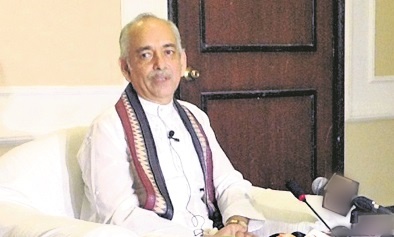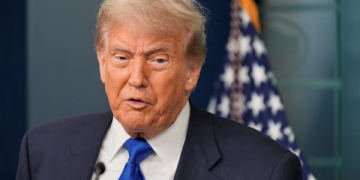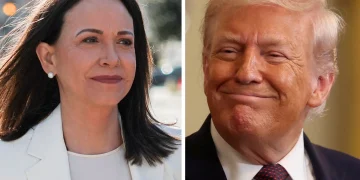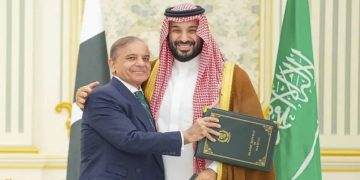Bhubaneswar: Puri’s titular king Gajapati Maharaja Dibyasingha Deb Thursday said he supports reforms in the 800-year-old Jagannath Temple to preserve its heritage while adapting to changing times, but remained uncertain about allowing non-Hindus into the 12th-century shrine.
In an interview with PTI, Deb, who has served as the first servitor of Lord Jagannath for over five decades, said, “There is always scope for improvement and reforms. This is because the temple was built more than 800 years ago. The rituals, festivals, and various arrangements were developed over centuries.”
Deb said the world and society has changed a lot over the last 800 years.
“But the system in Shree Jagannath Temple has largely remained unchanged. The heritage should continue, but certain adjustments may be made in view of the changed situations,” he said.
Citing an example, the Gajapati pointed to the increasing number of pilgrims visiting Puri.
“The Mahaprasad Seva facility, for instance, is falling short. Ensuring a smooth ‘darshan’ experience for so many devotees is certainly a challenge. Even on normal days, the crowd now resembles that of festive days from earlier years,” he said, urging the state government and temple administration to address these issues.
Commenting on an issue raised by ‘Samajika Naya Abhijan, an organisation fighting for social justice, about the tradition of people carrying the Gajapati’s palanquin on their shoulders during Rath Yatra, Deb said that the mater had come to his notice.
“Yes the matter has come to my notice. The Gajapati uses a ‘tamjan’ to go to chariots to perform ‘chhera pahanra’ ritual. This is a tradition that has continued for hundreds of years. Any change in a religious tradition must follow the prescribed procedure. The Gajapati is following that process. The ‘tamjan’ is used during various yatras because of tradition. It’s not a personal choice but a religious obligation,” he said.
Asked whether he personally would prefer not to be carried on shoulders, Deb said: “If a change in tradition is brought about, it must follow due process. The temple managing committee, the servitors, the pundits of the Mukti Mandap, and above all, the Shankaracharya must be consulted. If a change is made, I would be happy to accept it. But any alteration in existing traditions must come from religious authorities and those responsible for upholding them.”
On the sign at the Lion Gate of the Puri Temple reading ‘Only Hindus Are Allowed,’ the Gajapati said this practice is over 500 years old.
“If there is to be any change, it must go through proper procedures. This is a religious tradition. Any modification can only be made through consultation and a final decision by religious authorities, such as the Shankaracharya, scholars of the Mukti Mandap Sabha, and other stakeholders,” he said.
He also acknowledged that there is a secular dimension to the issue, which the government must consider.
“Shree Jagannath Temple has been a target for terrorist threats for decades. Given the global situation and specific geopolitical tensions—particularly with Pakistan—the government must seriously evaluate whether it can ensure the temple’s security, which is its primary responsibility, if non-Hindus are to be allowed entry,” he said.
Deb added that it is ultimately up to the government to make the call.
“To allow people of all religions to participate, the Rath Yatra is held every year,” he explained.
A foreign-educated law graduate who gave up his legal career in Delhi to serve as the first servitor of Lord Jagannath, Deb said he has no interest in politics.
“From day one, I have refused to enter politics, even though my father and uncle were in politics in Odisha. Political parties have stopped approaching me for decades, and I believe my decision was the right one,” he said.
On the recent stampede during the Puri Rath Yatra, in which three people died and many were injured, the Gajapati said an inquiry is underway.
“The number of devotees from Odisha and across India was far beyond expectations. I’m sure the government will look at ways to improve infrastructure and amenities for devotees. It will identify the reasons behind the incident and recommend steps to prevent such occurrences in the future,” he said.
Deb emphasised the spiritual value of the festival.
“Lakhs of devotees witnessed the festival from start to finish. I’m sure they had a momentous, memorable, and spiritual experience. While the delay in chariot pulling or the stampede was unfortunate and concerning, it did not detract from the devotional spirit of the event,” he said.
PTI






































